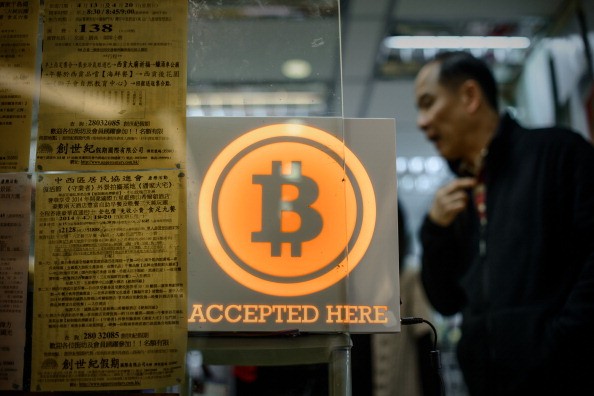China's three largest bitcoin exchanges have started charging 0.2 percent for every transaction starting noon on Tuesday, Jan. 24, amid pressure from China's central bank to control speculation in the virtual currency trading.
The Wall Street Journal reported that BTCC, Huobi and OKCoin have announced the changes on their websites with the aim "to further curb market manipulation and extreme volatility."
Earlier this month, officials of the People's Bank of China (PBOC), China's central bank, started investigating virtual currency exchanges, which have been operating freely in recent years.
Central bank regulators in Beijing said last week that two regulators in the city, Huobi and OKCoin, were illegally involved in margin financing and both have failed to implement systems to prevent money laundering.
Meanwhile, the PBOC's Shanghai branch claimed that BTCC offered capital services to clients, which is "beyond its business scope."
According to analysts, Chinese authorities are very much worried that bitcoin may be used by people who wanted to move money out of the country. PBOC has been making efforts to curb capital outflows to stabilize the Chinese currency's value.
"The exchanges got together and said, 'Let's do this,'" Bobby Lee, CEO of BTCC, said. According to Lee, imposing trading fees would help ease up some of their concerns, as the officials had suggested.
Meanwhile, Huobi did not give any comment if the action was coordinated while OKCoin could not be reached for comment.
Although bitcoin price dropped 19 percent from its peak earlier this year, one coin was now priced around $921 as of Monday, Jan. 24, up nearly 130 percent from a year ago.
According to the report, majority of the global volume in bitcoin trading were done by China's three exchanges and some traders said that the lack of trading fees has enabled automatic trading of bitcoin on high levels. The absence of trading fees has also encouraged volume trading and increased the demand at Chinese bitcoin exchanges.
But now, the three exchanges have already prevented customers to "lever up," which means they can no longer multiply their stakes using borrowed money, otherwise known as margin trading.



























